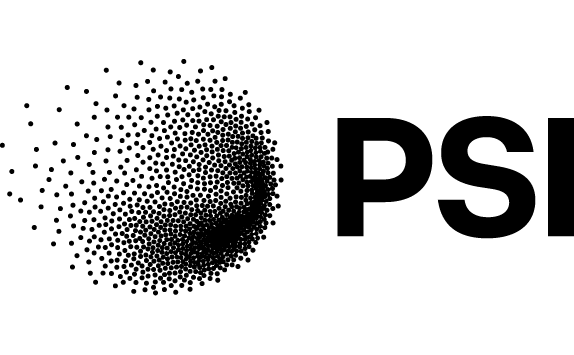
Thursday, October 02, 2025, 16:00
WHGA Auditorium
Thea Klaeboe Aarrestad, ETHZ
Abstract:
At the CERN LHC, high-energy proton collisions generate O(10,000)
exabytes of raw data annually. To manage this data volume while adhering
to computational and storage limitations, real-time event filtering
systems must process millions of proton-proton collisions per second,
utilising a staged system of FPGAs, CPUs and GPUs to perform efficient
reconstruction and decision-making. Within a few microseconds, over 98%
of the collision data must be discarded rapidly and accurately. As the
LHC transitions to its high luminosity phase (HL-LHC), these systems -
situated in radiation-shielded caverns one hundred meters underground -
will confront data rates equivalent to 5% of global internet traffic,
combined with unprecedented data complexity.
To maintain data integrity for meaningful physics analyses, highly
optimized machine learning (ML) algorithms are being employed for
real-time data processing. This demands the development of novel methods
and tools to achieve extreme throughput, ultra-low latency, and
low-power inference on specialized hardware.
In this presentation, we will discuss how real-time ML techniques are
employed to process and filter vast amounts of data, enhancing physics
signal acceptance. We will explore state-of-the-art methods for
designing and deploying high-speed ML algorithms on FPGAs, ASICs, and
GPUs. Lastly, we will examine the applications of real-time inference in
particle physics experiments.